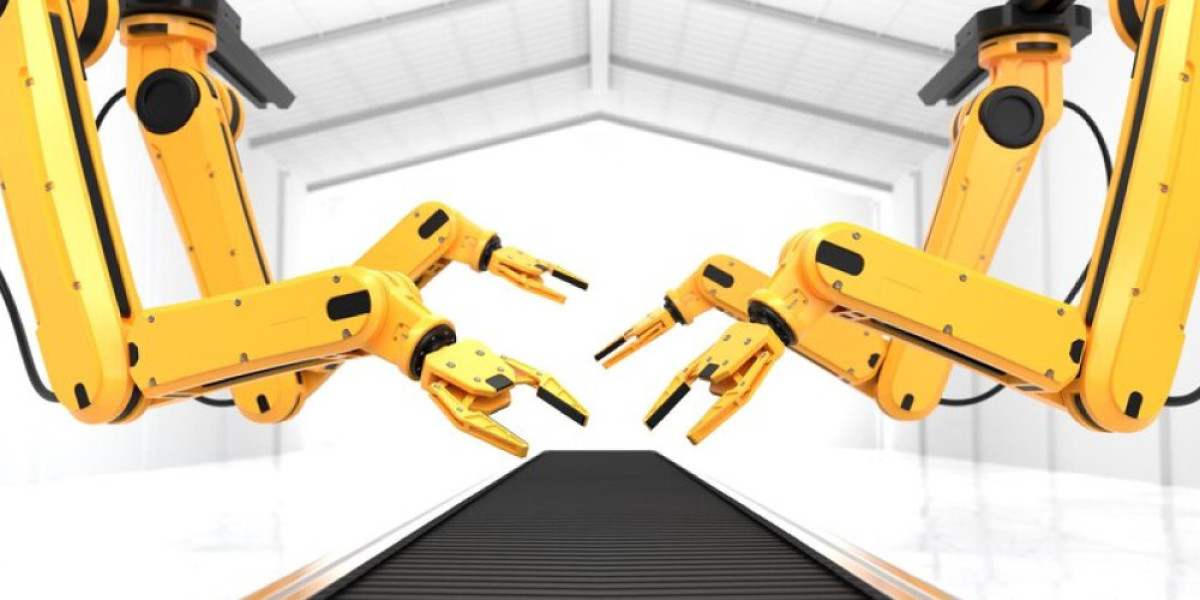The evolution of modern technology has driven organizations to adopt advanced Integrated Systems that streamline operations, enhance efficiency, and enable seamless data management. These systems integrate hardware, software, and networking solutions to provide end-to-end solutions across various industries, including manufacturing, healthcare, aerospace, and IT infrastructure.
Growing Importance of Integrated Systems
Integrated systems are crucial in addressing the complexities of today’s industrial operations. By combining multiple processes into a unified platform, these systems reduce operational costs, improve decision-making, and enhance productivity. The integration of IoT devices, cloud computing, and real-time analytics has further accelerated the adoption of these solutions.
The rise of automation technologies has also created synergies with related sectors, such as the US Astable Multivibrator Market, where timing circuits and pulse generators support seamless device operations. Additionally, industries implementing sorting and inspection technologies benefit from integration with tools from the US Optical Sorter Market.
Key Drivers of Market Expansion
Industry 4.0 Adoption – Smart factories and digital manufacturing demand integrated systems for optimized workflow and predictive maintenance.
Data-Driven Decision Making – Real-time data collection and analytics improve operational efficiency and reduce downtime.
Automation and Robotics – Integrated platforms facilitate smooth coordination between automated machinery, robots, and control systems.
Enhanced Connectivity – Networking and IoT integration enable remote monitoring, control, and scalable operations.
LSI keywords such as enterprise resource planning (ERP), system interoperability, cloud integration, process automation, and industrial IoT are playing an increasingly significant role in expanding the capabilities and adoption of integrated systems.
Future Trends and Opportunities
The future of integrated systems is closely tied to digital transformation across sectors. Cloud-based integration, AI-enabled monitoring, and predictive analytics will continue to drive innovation. Portable and scalable solutions allow businesses of all sizes to implement integrated systems, while cybersecurity measures ensure the protection of sensitive operational data.
As industries continue to evolve, integrated systems will remain a cornerstone for achieving operational excellence, supporting automation, and enabling smart manufacturing practices.








